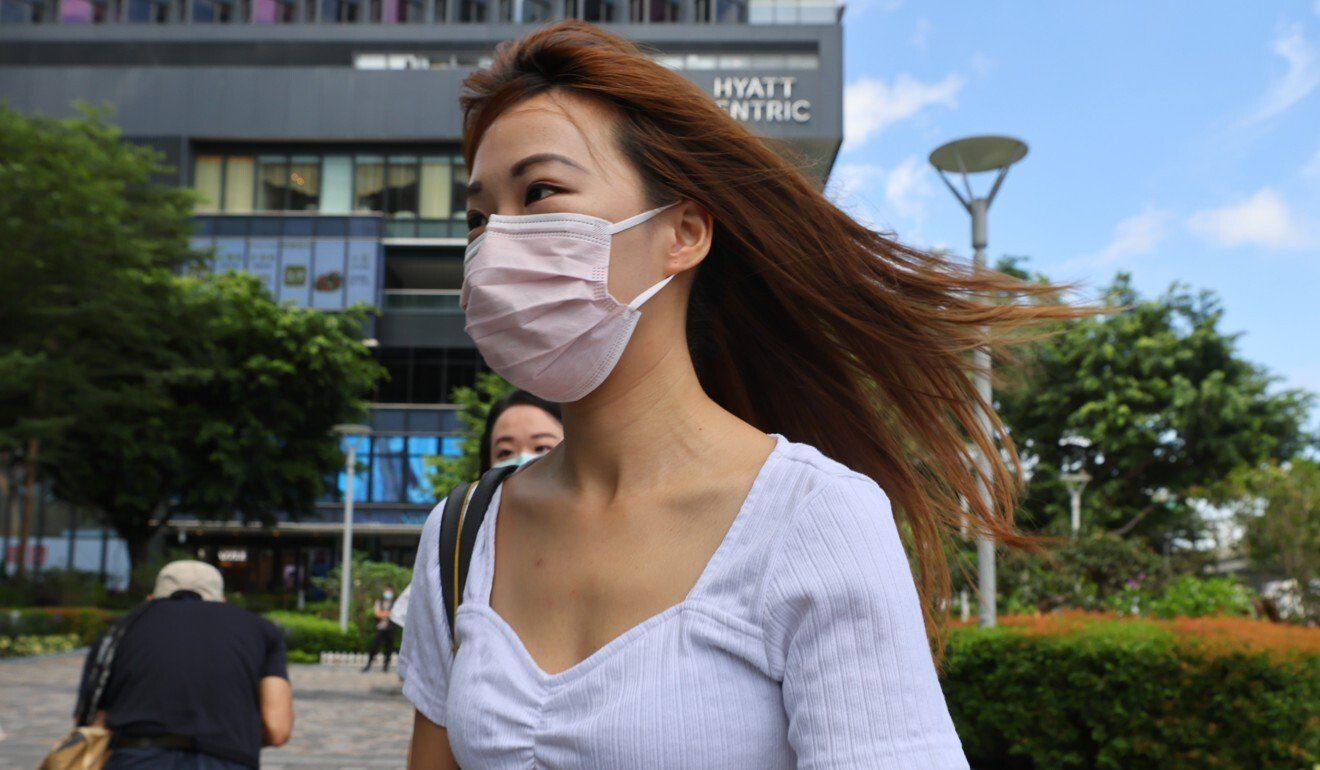Hong Kong News

Another 10 Hong Kong district councillors ousted after oath-taking ceremony
All 10 Hong Kong opposition district councillors whose allegiance to the city was called into question following an oath-taking ceremony last week were unseated on Wednesday.
Half of those ousted were Democratic Party members: ex-lawmaker James To Kun-sun and activist Douglas Tsang Tsz-ming of Yau Tsim Mong, Tony Kwok Tin-lap and Pius Yum Kwok-tung from Kowloon City and Edith Leung Yik-ting of Kwun Tong.
The group was rounded out by Sham Shui Po’s Lawrence Lau Wai-chung, Ken Tsang Kin-chiu of Kowloon City, Wong Tai Sin’s Sean Mock Ho-chit, and Yau Tsim Mong district councillors Suzanne Wu Sui-shan and Chu Kong-wai.
Those disqualified face a five-year ban on running in elections and the unseatings are expected to have some bearing on whether any members of the Democratic Party – the largest in Hong Kong’s opposition camp – will seek seats in December’s Legislative Council poll.
 Edith Leung of the Kwun Tong District Council was one of 10 councillors disqualified on Wednesday.
Edith Leung of the Kwun Tong District Council was one of 10 councillors disqualified on Wednesday.
The party on Sunday failed to reach a consensus on whether to take part in the Legco poll at a long-awaited meeting that some members thought to be keen on running failed to attend.
The next oath-taking ceremony will be held on Monday for the Tai Po, Sai Kung, Sha Tin and North district councils in New Territories East.
A political analyst, who spoke on condition of anonymity due to the sensitivity of the matter, said To’s disqualification showed that Beijing has stepped up its crackdown on the opposition camp in recent months.
“Some expected To to be treated differently as he was not charged after being arrested under the national security law,” he said. “But now it seems the central government and local authorities have changed their direction, and are executing their plans more forcefully.”
With more disqualifications expected next week, it was unlikely any Democratic Party member would enter the Legco race, the analyst said.
Posting on Facebook, Leung said she would continue to use other means to serve the community.
The 10 councillors disqualified on Wednesday were among 55 from Kowloon who took their oaths of allegiance last Friday, a requirement under the national security law imposed by Beijing last June.
In a statement issued late that same evening, the Home Affairs Bureau said its chief, Caspar Tsui Ying-wai, had validated the oaths of 45 councillors, including three from the Democratic Party and 13 others from the opposition bloc.
But Tsui demanded further information from the 10 remaining, asking, among other things, about their roles in an unofficial election primary last year and why some had displayed slogans related to the 2019 anti-government protests.
The informal opposition poll – designed to winnow down a field of candidates in a bid to take a first-ever majority in Legco – ultimately resulted in the charging of 47 ex-lawmakers and activists with subversion.
Wu, the Yau Tsim Mong councilor, revealed on Monday she told Tsui she had not been involved in the primary’s design or execution, but merely provided information to those interested in finding out more about the poll.
“Whatever our answers are, it won’t matter … because one can see how they specifically designed those requirements to target our behaviour,” she predicted at the time.
Wu on Wednesday said she had expected to be disqualified.
“They cannot even tolerate municipal-level politicians like us and cited what we said so long ago in unseating us. It just shows that they planned all this to eliminate dissent, she said.
Yum likewise said the unseating was not surprising, even though he did not take part in the unofficial primary.
“I was asked by Tsui, among other things, why I once posted on Facebook, recruiting volunteers to help in the primary. I was prepared [for disqualification] even though I offered a 41-page explanation,” he said.
Yum, a Democratic Party member, declined to comment on whether those who remained should continue to seek office.
“Our party’s goal has always been serving Hong Kong and speaking up for the residents,” he said.
With the disqualification of the 10 Kowloon opposition councillors, the tally of those unseated since the oath-taking ceremonies were introduced stands at 19. Two other opposition councillors automatically lost their seats after failing to turn up at the ceremonies.
The opposition bloc won 392 of the 452 directly elected council seats across Hong Kong in the most recent district council election, a landslide victory that gave them control of all but one of the city’s 18 districts.
But following Beijing’s imposition of the national security law in June 2020, the oath-taking requirement for top officials, legislators and judges was extended to ensure all public officers, including civil servants and district councillors, were sufficiently “patriotic”.
Some 260 opposition councillors resigned in recent months after rumours circulated they would have to pay back their entire accrued salaries if ousted over their oaths. Others have been jailed or fled the city.
With the latest round of disqualifications, just 105 opposition councillors remain.











